The last time Ralph Macchio really, truly knew his life was good, he was trading a super-wide necktie and ’70s NYPD badge for the pristine gi of a karate dojo, as he stepped back into the iconic role that launched a thousand roundhouse kicks. Even as he was thriving as a sleazy Times Square vice cop in HBO’s The Deuce, the planets were aligning to deliver the serialized wonder that is Cobra Kai, whose third season launches January 8.
Taking 1984’s The Karate Kid as sacred text, show creators Josh Heald, Jon Hurwitz, and Hayden Schlossberg pick up the film’s characters 34 years after the climactic karate tournament. In an inspired choice, Cobra Kai focuses on the film’s blond teen villain, Johnny Lawrence, now a middle-aged handyman (played by the lovably battered original Johnny, William Zabka) seeking redemption through karate.
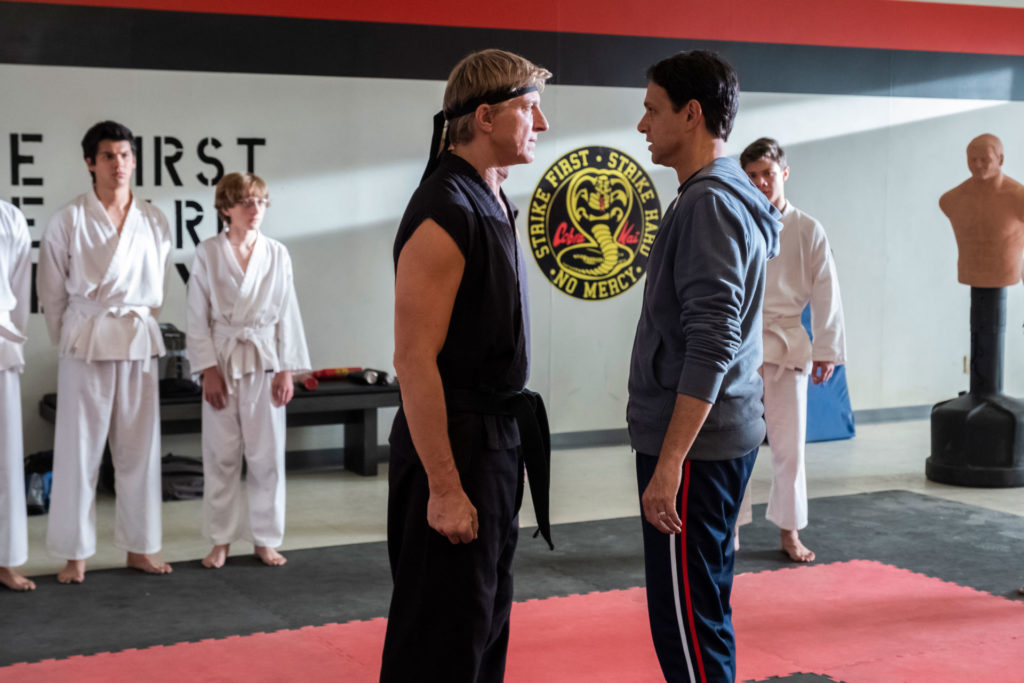
The 50-something’s quest to open a dojo and rebuild his life puts him up against his high school nemesis, Daniel LaRusso, the scrawny twerp from New Jersey who used an illegal kick to steal the All Valley Championship and throw Johnny’s whole life off course. “These guys came in with such a welldrawn-out perspective,” Macchio says. “But the challenge was, ‘How do you put LaRusso into that show and give him resonance and worth? ’
The creators’ plan, which involved turning the adult LaRusso into the slightly smug family-man owner of a local chain of car dealerships, gave Cobra Kai such narrative power that the show became an almost too-on-the-nose underdog tale itself, one that launched in the humble environs of YouTube in 2018, then rose to spread its crane wings as the number-one title on Netflix, where its second season saw it evolve from a ridiculously entertaining extended riff on ’80s fixations into a heart-stopping drama on the order of Friday Night Lights.
Opening with a local TV news report on last season’s cliff-hanger what can only be described as an all-out karate riot at West Valley High, the new season delves into the warring philosophies and shifting allegiances of a community without its sensei, but one in which the spirit of Pat Morita’s Mr. Miyagi still guides Daniel-san toward the path of righteousness.
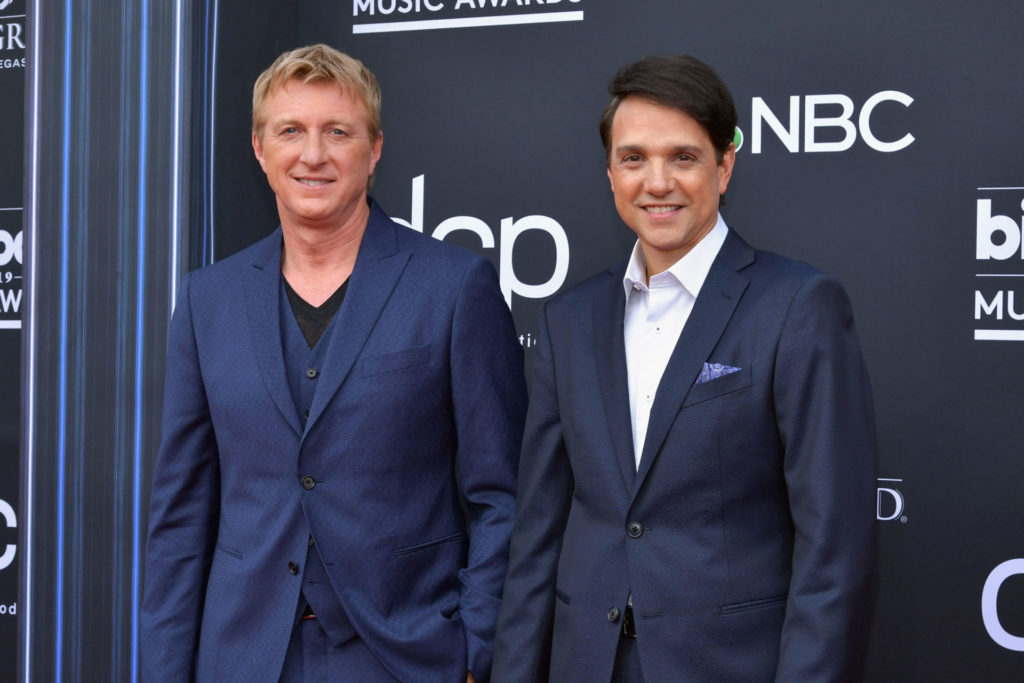
How did Cobra Kai pull you in?
I was the last one to the party. I’ve always felt it was easier to protect the legacy by not trying to go back to the well, and the ideas were never that smart and usually just one-offs. But these guys, I got their pitch within six or eight months of seeing Creed. So there was proof that you could pick up a franchise from a different angle, as opposed to just doing Rocky VII. Creed was really a very good film, and it follows Apollo Creed’s son—the next generation.
Perspective is a good word for what these guys brought, because so much of the show is about what perspective you’re looking at the characters from. It felt like the right time, too. You have these streaming services where, essentially, you’re telling a five-plus-hour movie in 10 parts. It gives you a chance to allow these characters to breathe, dive into the gray areas of each character—who’s good, who’s bad—because they’re both at times. All the characters have those shades of gray, and your allegiance can change episode to episode.
It is, dare I say, a Rashomon structure.
[Laughs] Right. Exactly. But what really sold me was when I told them I needed to see the Miyagi character woven throughout the life of the series—because, in essence, without him you wouldn’t even be making this show. And they didn’t just say, “OK, we’ll give you that,” they were like, “No, those are our intentions.” You went from playing a seedy, jaded cop in The Deuce to playing a seedy, jaded… Former karate star car dealer [laughs]. Listen, Officer Haddix in The Deuce is as corrupt as they get, but LaRusso’s intentions are always good.
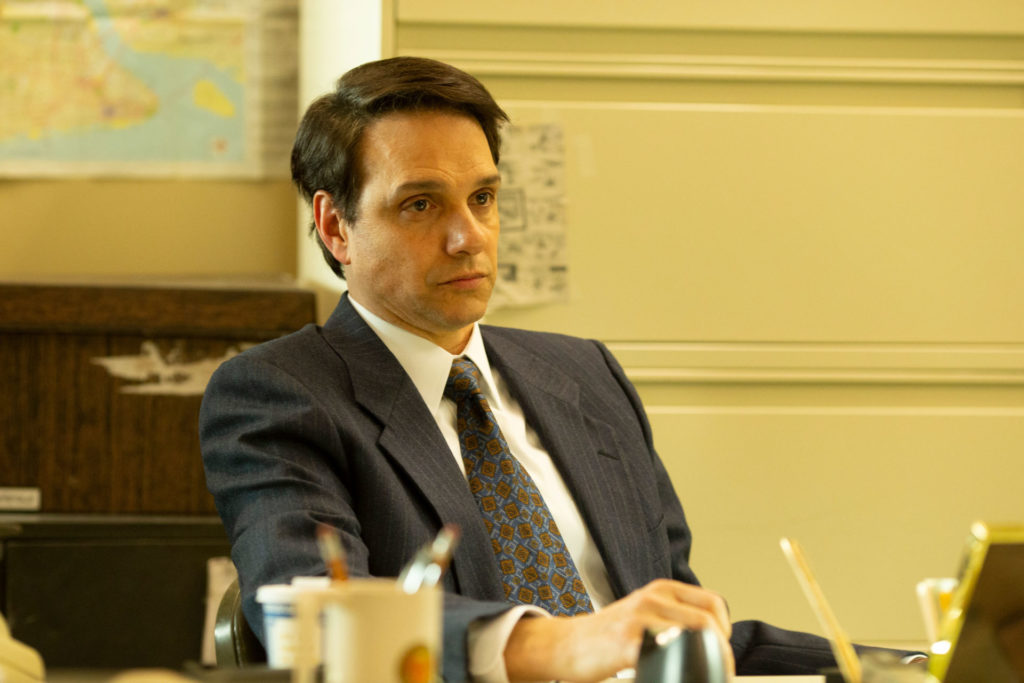
He just slips and makes mistakes, has to visit Mr. Miyagi’s grave to try to regain some balance in his life. The Daniel LaRusso character always has that big element of heart, the kid you rooted for. The beauty of Cobra Kai is that these guys just can’t get out of their own way once they’re in the presence of each other.
Cobra Kai and The Deuce revisit these monoliths from America’s cultural history: the triumphant mid-’80s of The Karate Kid and the scuzzy Times Square of ’70s New York City. Did you ever get confused about which decade you were in?
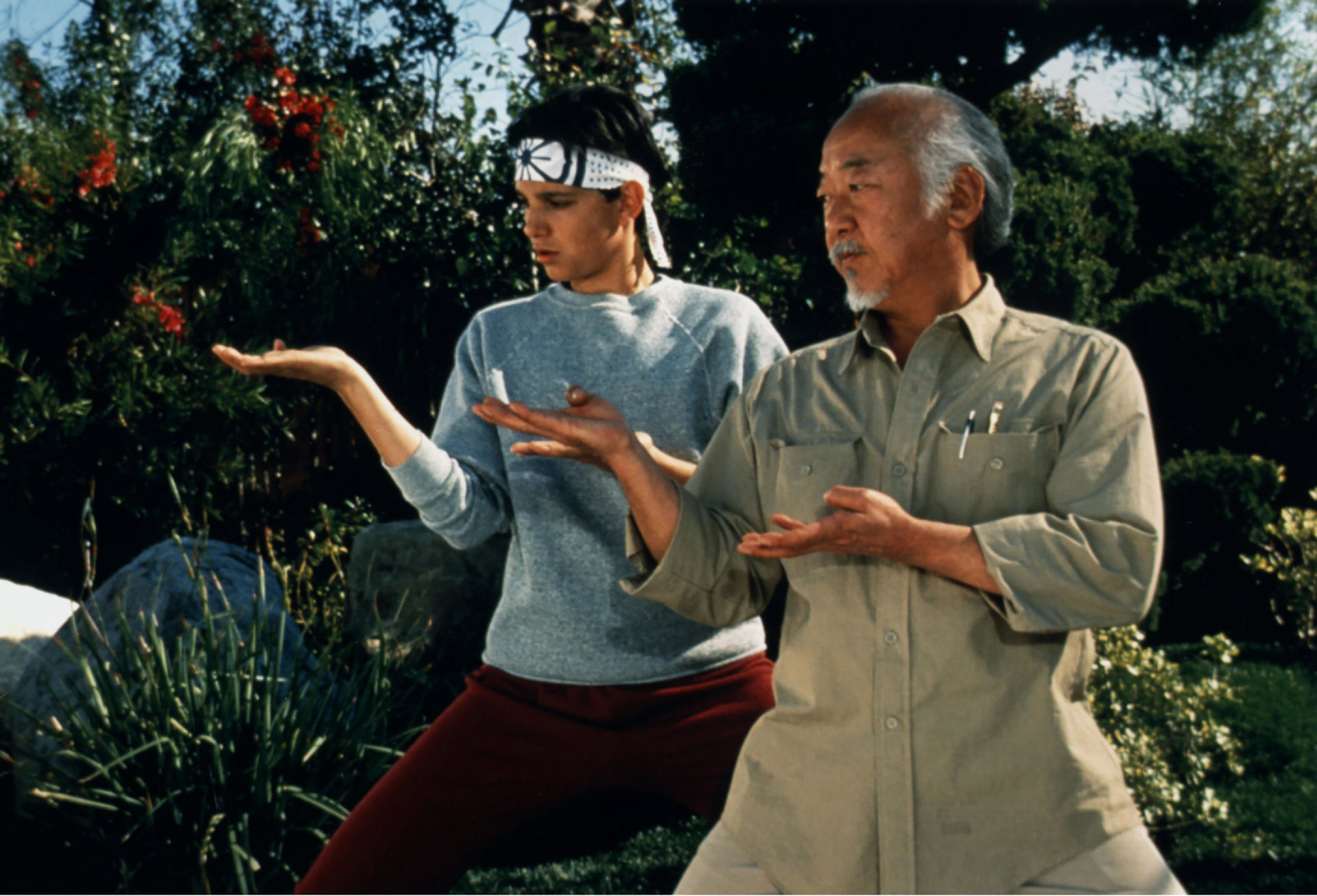
Nah, but it was really fun to go back into that timeline [on The Deuce]. I grew 90 up in New York in that time—out side the city, but I remember the smell of New York City then, walking around Times Square with my mom and dad for the New Year’s Eve ball dropping, seeing those seedy blocks. I must have been about 11 years old. What’s hilarious about it is I probably looked like I was 7. When we were shooting The Deuce in the first season, and I was in the polyester with the big tie, I just got these flashes of that time. You can almost smell it watching those episodes.
On the flip side, walking onto the recreated set of Miyagi’s house in Cobra Kai, it brought this really powerful mix of bittersweet nostalgic emotion. Because that’s where the magic happened—right?—in making that movie. I mean, the magic that came together when he and I were on screen together; that’s something that doesn’t happen all the time. If it did, everybody would make movies with that kind of magic.
Did you stay in touch with Pat Morita after the late ’80s, when you finished shooting the last of the Karate Kid sequels together?
We did. I mean, he would help me order sushi, and I’d tell him how to make a marinara sauce. But there was a spirit about him and me anytime we got on the phone together or saw each other. It was just this unspoken feeling of being connected to something bigger than you.
You’ve been married to your high school sweetheart for more than 30 years, and you have two full-grown children. When did you first become aware of your kids encountering your presence in pop culture?
When I was doing a national tour with the Broadway musical How to Succeed in Business Without Really Trying, my daughter was just turning 5, and my son was just one and half, and we’d have these press days, which would often end up in places like Planet Hollywood, which were big. This is in the mid ’90s.
Oh, I know. I know.
These restaurants often have movie memorabilia on the walls, including stuff from The Karate Kid. So my daughter, Julia, is there, at 5 years old, looking at all these people coming up to me and pulling stuff off the wall for me to sign, or asking to pose next to me, and she’s like, “How come Daddy’s not like all the other dads? ” And it was at that point that it was time to show her The Karate Kid.
Watching her dad get his a ** kicked every 10 minutes turned out to be kind of traumatizing for a 5-year-old. But as she went through her teen years, she kind of enjoyed it. And for my son, when he was 6 and going to Halloween, I gave him the actual headband from the movie. He wore that.
Isn’t his name Daniel?
His name is Daniel—out of an homage to that character, and because it’s a beautiful name that doesn’t go out of style.
Didn’t go for Daniel-san, huh?
No, no [laughs]. He’s Dan. He’s his own person.
How do your kids like Cobra Kai?
The thing that I never expected with the success of Cobra Kai is how much my kids and their friends just love the show, and they take such pride in watching it and sharing it with everyone. My son was at college when it first came out. They had watch parties at the dorm for season one and two when it was on YouTube. It was fun to see these images of him and his friends, or my daughter and her friends, or hear how they talk about it. Something that was such a rich part of my life 35 years ago is equally rich, in a different way, as I’ve watched them take such pride and carry it forward. It’s really amazing.
One thing that’s really interesting about Cobra Kai is the jarring reminders of time passing—gut-punch lines like, “I’m the same age now that Mr. Miyagi was when he met me.”
Yeah, yeah, yeah. I make people feel old.
You got your start tap dancing and have appeared on Dancing with the Stars. Which is the more essential life skill, karate or tap dancing?
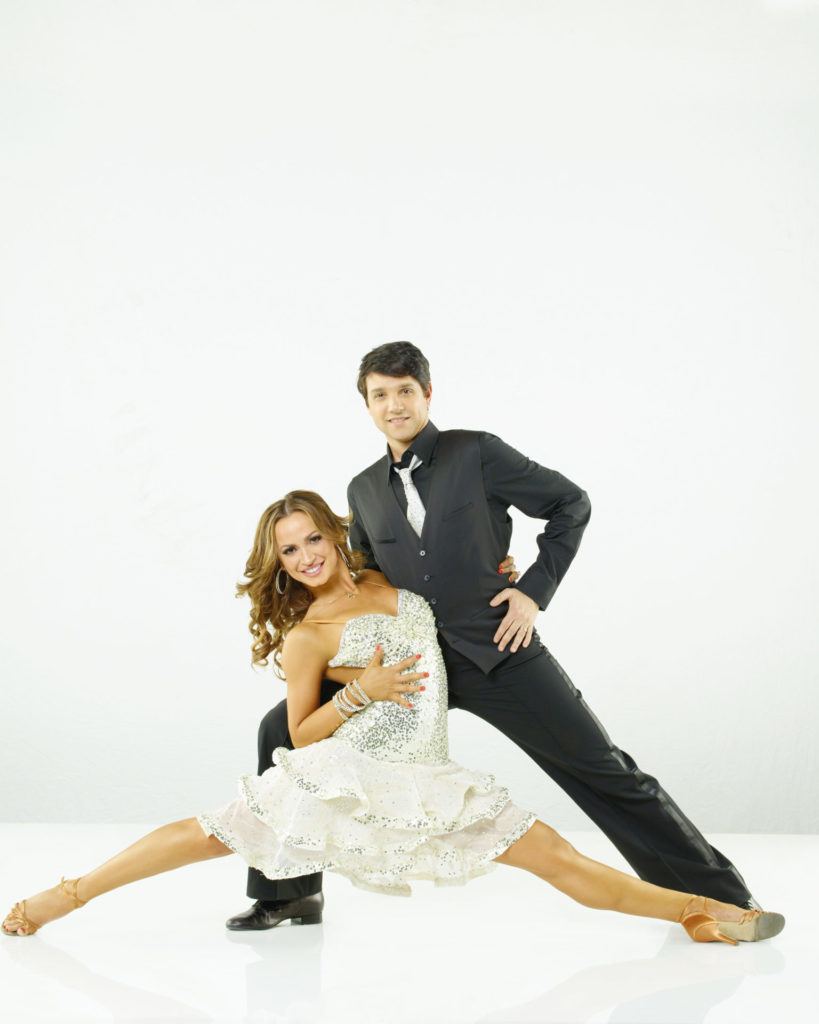
Boy. They’ve both given me joy. One hurts a lot more. I think the value of martial arts and knowing karate will be more beneficial, but it’s awfully cool to pretend to be Gene Kelly for a few minutes and have people thinking it’s pretty awesome.
When you were in your early 20s you had The Karate Kid films and a role on Broadway opposite Robert De Niro. What kind of a career did you foresee?
When I was a kid, it was Rocky. I’d run up every staircase thinking I was Rocky Balboa. And then the first movie I went to see in the theater was New York, New York Scorsese, De Niro. I’d watch Taxi Driver and The Godfather a thousand times over. To go from that to being directed by Francis Ford Coppola in The Outsiders, then Karate Kid, then spending eight months co-starring as De Niro’s son on Broadway [in Cuba and His Teddy Bear] … It’s tough for me to say, “Boy, I’m still looking for the success.” What’s amazing is how all that happened in a really short period of time, and then it got longer and drier and leaner.
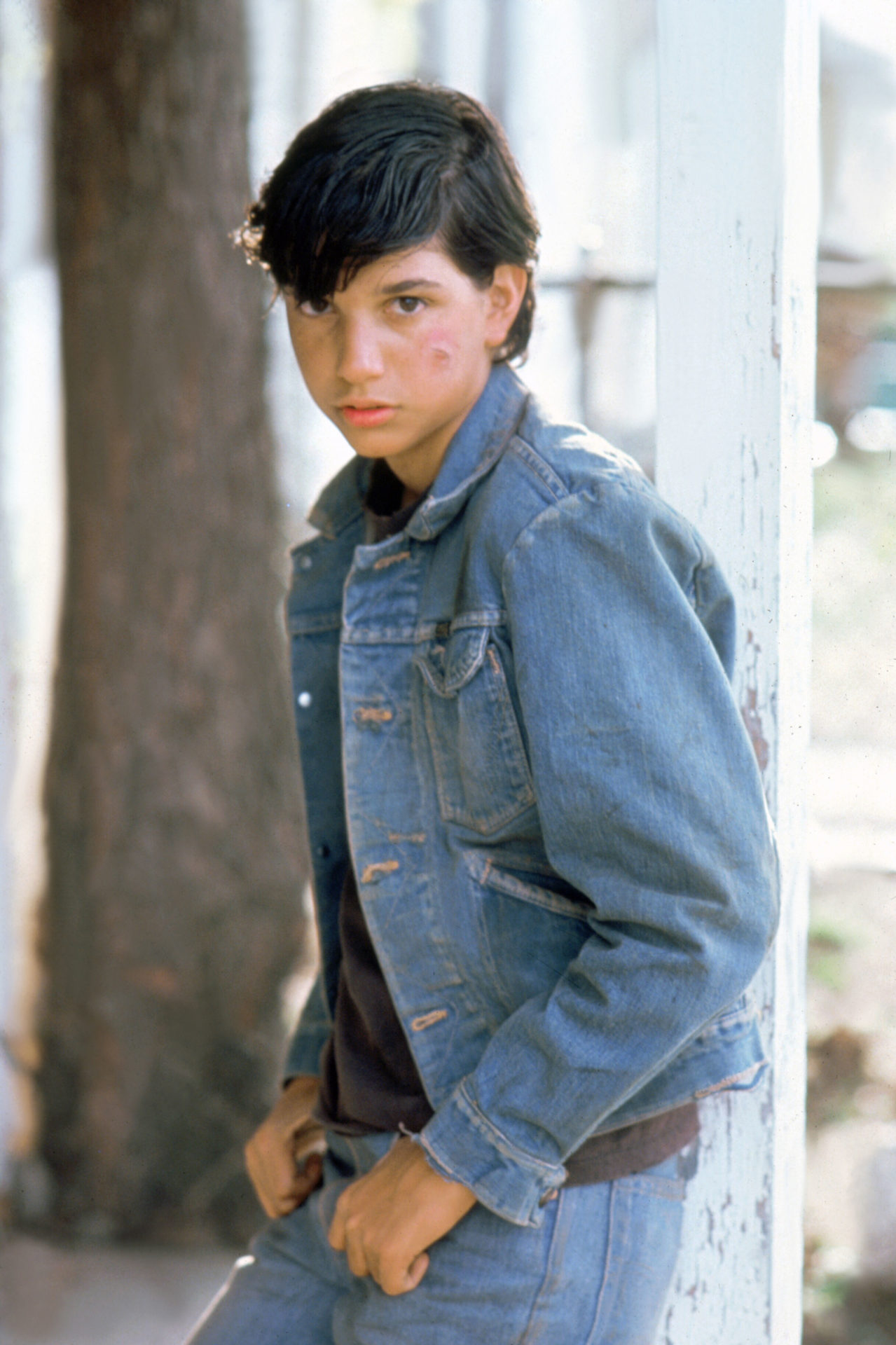
You face a bit of the high school football star syndrome.
Yep, just a little bit.
More than nearly any film but Star Wars, The Karate Kid is packed with bits of wisdom that you still hear people applying to life today. Do you find yourself reflecting on Mr. Miyagi’s lessons?
I always go back to the line, “Walk left side, safe. Walk right side, safe. Walk down the middle, squish like grape.” I do try to do that in my life, because my instinct is to over analyze. I really do try to use that lesson of making that choice, decide, commit. That’s Daniel, guided by Miyagi.
As time goes on, and I look back, like anyone else that you have a relationship with that has a profound effect on your life and society and anything else, you realize there are riches you gain that you don’t even know you’re absorbing. And I could say the same thing for the director John Avildsen of The Karate Kid, Francis Coppola in The Outsiders—the stuff that I learned through them that I didn’t know I was learning, till you get older and you see it.
Wax on, wax off. Yep. That’s it right there.
Next Up: Rachel Brosnahan Talks About Her New Movie
